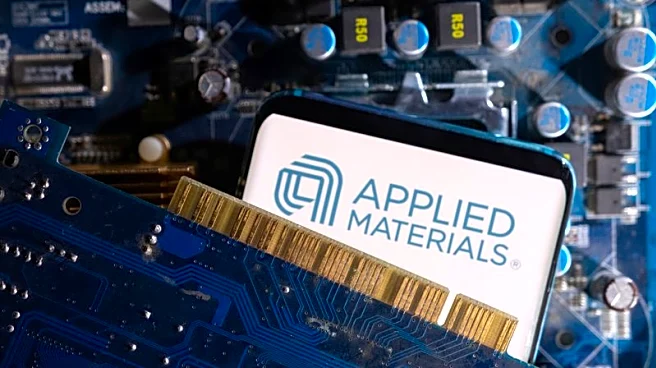Rapid Read • 8 min read
The Hong Kong court is currently hearing closing arguments in the trial of Jimmy Lai, a prominent pro-democracy media tycoon. Lai is facing charges under Hong Kong's national security law, which was imposed by Beijing to address unrest in the region. The trial has experienced delays due to a typhoon and health concerns regarding Lai, who required a medical device to monitor his heart. Lai's legal team and his son have expressed worries about his deteriorating health over the past year. The national security law has led to the detention of hundreds of Hong Kong residents, with critics claiming it suppresses dissent.
AD
The trial of Jimmy Lai is significant as it highlights the ongoing tensions between pro-democracy advocates and the Chinese government in Hong Kong. The national security law has been criticized for stifling freedom of expression and political dissent, impacting the region's autonomy and democratic processes. Lai's case is emblematic of the broader crackdown on pro-democracy figures, raising concerns about human rights and the future of Hong Kong's political landscape. The outcome of this trial could set a precedent for how similar cases are handled under the national security law.
The court's decision in Jimmy Lai's trial will be closely watched by international observers and human rights organizations. Depending on the verdict, there may be further legal challenges or appeals, potentially influencing the application of the national security law in future cases. The trial's conclusion could also provoke reactions from pro-democracy groups and lead to increased tensions between Hong Kong residents and the Chinese government.
The trial underscores the ethical and legal challenges posed by the national security law, particularly regarding freedom of the press and individual rights. It raises questions about the balance between national security and civil liberties, and the role of international advocacy in supporting democratic movements in Hong Kong.
AD
More Stories You Might Enjoy













